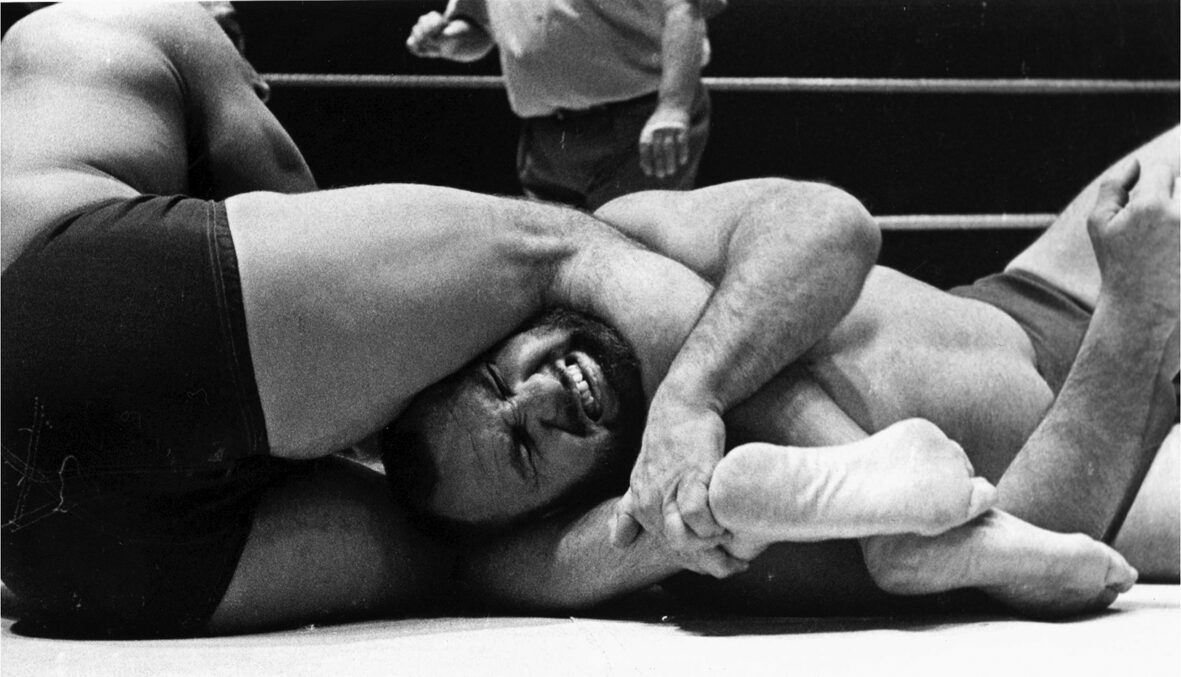Roland Barthes’ essay, The World of Wrestling, offers a seminal exploration of professional wrestling as a symbolic, theatrical performance rather than a competitive sport. As part of his 1957 work Mythologies, Barthes analyzes wrestling as a form of myth that reflects and reinforces cultural values. Barthes’ central thesis is that professional wrestling serves not to determine a victor through competition, but to offer a spectacle in which moral narratives—such as the struggle between good and evil—are played out in exaggerated, symbolic form (Barthes, 1972).
Barthes posits that wrestling differs from traditional sports in its predetermined outcomes and its reliance on clearly defined roles—heroes (faces) and villains (heels)—to elicit emotional responses from the audience. These roles, according to Barthes, embody abstract concepts like justice, strength, and betrayal, turning each match into a modern morality play (Barthes, 1972). What makes wrestling particularly fascinating, Barthes argues, is the audience’s awareness of the scripted nature of the performance. Yet, this knowledge does not diminish their engagement. Instead, it enhances the experience by allowing spectators to indulge fully in the cathartic release of seeing justice served.
For fans and analysts of professional wrestling, Barthes’ work provides a critical framework to understand the art behind the sport. It invites us to view wrestling as a cultural mirror, reflecting societal narratives and offering symbolic resolutions to complex moral struggles. Wrestling, in Barthes’ view, transcends sport—it’s a dramatic spectacle of myth, emotion, and storytelling.
Reference:
-
- Barthes, R. (1972). Mythologies (A. Lavers, Trans.). Hill and Wang. (Original work published 1957).



